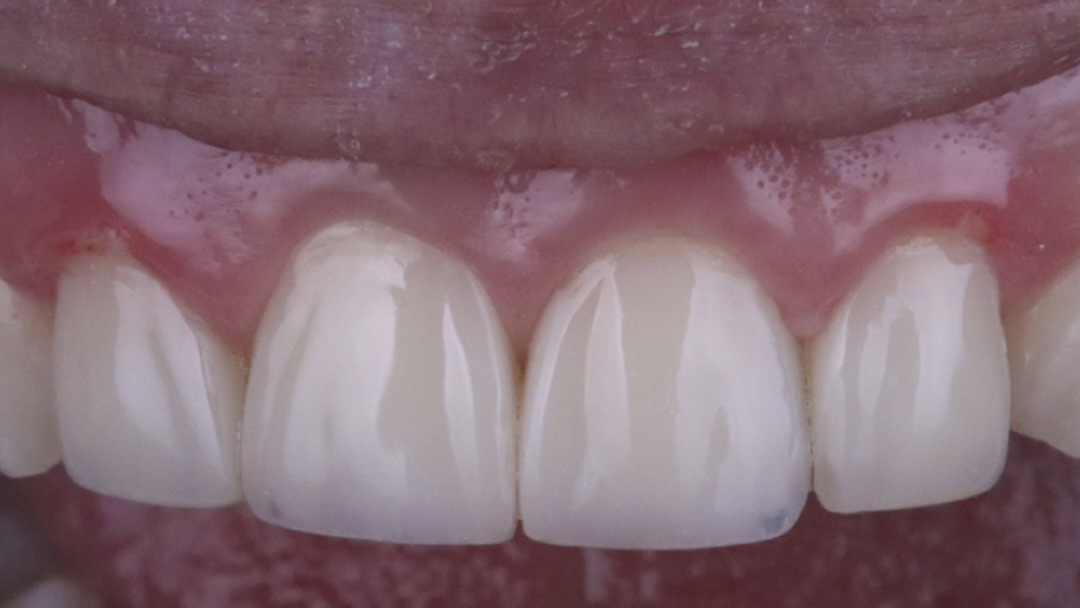Tooth erosion is an often overlooked but serious problem that can have a massive impact on dental health. We often consume acidic foods and drinks without realising their potential negative effects on our teeth. In this article, we will take an in-depth look at dental erosion, explore its causes and provide practical tips for protecting our teeth.
The Invisible Threat: What is Dental Erosion?

Tooth erosion is the gradual loss of tooth structure as a result of contact with acidic substances. These acids can come from a variety of sources, including our diet, drinks or even stomach acid in the case of gastro-oesophageal reflux. Over time, repeated exposure to acids can erode protective tooth enamel and lead to serious dental problems.
Causes of Tooth Erosion (More than Just Acidic Foods)
- Acidic foods and drinks: Oranges, lemons, limes, tomatoes, acidic fruit juices and carbonated drinks are known culprits. Regular consumption of these foods combined with inadequate oral hygiene can lead to tooth erosion.
- Stomach problems and reflux: People who suffer from stomach problems or reflux are at increased risk of dental erosion as stomach acid can reach the oral cavity.
- Medication: Some medications, especially those with a low pH, can reduce saliva and make the oral cavity more susceptible to acid attacks.
Recognising The Visible Signs: How to Identify Dental Erosion
Tooth erosion often begins insidiously, and the symptoms can be easily overlooked. Signs include:
- Tooth sensitivity: Sensitive teeth, especially to hot, cold or sweet foods and drinks, can indicate the loss of tooth enamel.
- Discolouration: Yellowish discolouration of teeth may occur as the darker layer of dentin becomes visible under the enamel.
- Rounded tooth edges: Erosion can lead to rounded tooth edges as the enamel is gradually worn away.
Protection Against Tooth Erosion: Practical Tips For Everyday Life
- Conscious eating: Reduce your consumption of acidic foods and drinks. Eat these in combination with other foods to neutralise the acidity.
- Drinking habits: Use a straw when consuming acidic drinks to minimise contact with teeth. Drink water after eating acidic foods to rinse the mouth.
- Regular oral hygiene: A good dental hygiene routine with fluoride toothpaste can strengthen tooth enamel. Avoid brushing your teeth immediately after eating acidic foods so as not to damage the enamel softened by the acid. It is also important to choose the right toothbrush in order to preserve the protective enamel and clean the teeth thoroughly. Use a toothbrush with soft and rounded bristles, as these are gentler on the enamel and gums. A small brush head makes it easier to reach hard-to-reach areas of the mouth and cleans the teeth thoroughly without damaging the enamel. Electric toothbrushes can also be a good option, as they often work with gentle vibrations and make it easier to use the correct brushing technique. Some models even have pressure sensors to ensure that not too much pressure is applied to the teeth. Choosing the right toothpaste is no less important for tooth erosion: fluoride in toothpaste containing fluoride supports the remineralisation of tooth enamel and helps to strengthen it. Toothpaste containing calcium and phosphate can also help to remineralise and strengthen tooth enamel.
- Chewing sugar-free gum: Chewing sugar-free gum, such as xylitol gum, after meals encourage saliva production, which can help neutralise acids and cleanse the mouth.
- Regular dental check-ups: Schedule regular check-ups with your dentist to recognise and treat signs of tooth erosion early.
Conclusion
Tooth erosion is not an unavoidable problem, but can be effectively prevented through a conscious diet and good oral hygiene. By being aware of the causes and preventive measures, we can protect our teeth from this insidious threat and preserve our radiant smile for a long time to come.




Oral health
Gate way to the Body ♥️♥️♥️